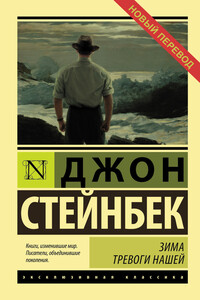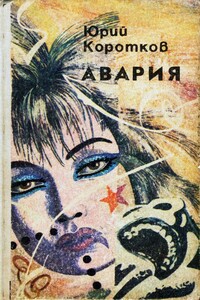Once there was a war | страница 8
Professionally the war correspondents, I believe, were highly moral and responsible men, many of them very brave men, some of them completely dedicated men, but in the time after the story was filed I guess we were no better and no worse than the officers and enlisted men, only we had more facilities than the services, either commissioned or enlisted. We carried simulated ranks, ranging from captain to lieutenant colonel, which allowed us to eat at officers’ mess, where enlisted men could not go, but we also had access to the enlisted men, where officers could not go. I remember an officers’ dance in North Africa, a dull, cold little affair with junior officers mechanically dancing with commissioned nurses to old records on a wind-up phonograph, while in nearby barracks one of the finest jazz combos I ever heard was belting out pure ecstasy. Naturally we correspondents happily moved to the better music. Rank surely has its privileges, but with us it sometimes amounted to license. When our duty was done and our stories on the wire, we discovered and exchanged every address where black-market meat, liquor, and women could be procured. We knew the illegal taxis. We chiseled, stole, malingered, goldbricked, and generally made ourselves as comfortable as we could. I early learned that a pint of whisky to a transportation sergeant would get me on a plane ahead of a general with crash orders from the General Staff. We didn’t steal much from the Army. We didn’t have to. It was given to us. Besides we were up against experts in the Army. I remember a general in supply morosely reading a report of missing materiel from a supply depot and exploding, “The American soldier is the worst thief in the world. You know what’s going to happen? When they steal everything we’ve got, they’ll start stealing from the Germans, and then God help Hitler.” And I remember on a destroyer at sea when every sidearm of every officer, 45s and carbines, suddenly disappeared, and although the ship was searched from stem to stern, even the fuel and water tanks explored, not one single weapon was ever found. There was a kind of a compulsion to steal. Prisoners were frisked for watches, cameras, and sidearms (the trade goods of the GIs) with professional skill. But the correspondents didn’t steal much—first, as I said, because they didn’t have to, and second, because we moved about so much that we couldn’t take things with us. Heaven knows how many helmets, bedding rolls, and gas masks I was issued. I rarely got them where I was going, and I never got them back. In the cellars of London hotels today there must be trunks of loot left there fifteen years ago by correspondents and never claimed. I personally know of two such caches.




